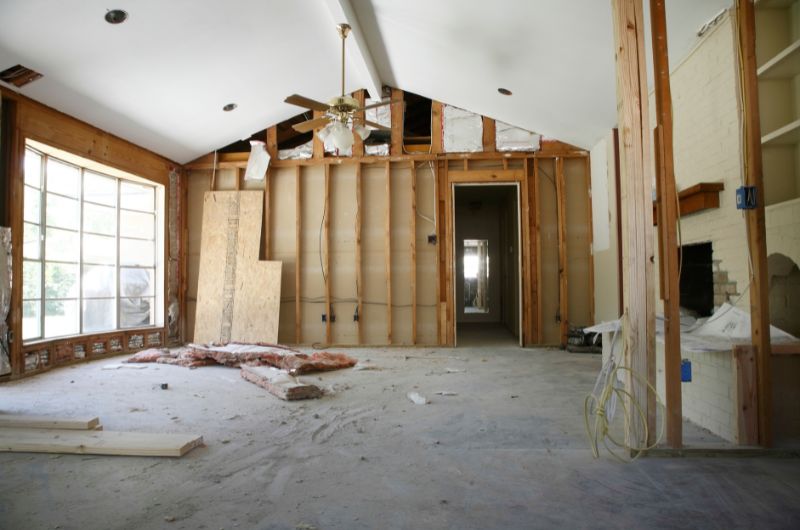
Renovating a rental home is a strategic approach to enhance property appeal, increase rental income, and, ultimately, boost the overall value of the investment. However, financing these renovations can pose a significant challenge for many property owners. Explore four ways to finance rental home renovations so you can meet your project goals.
Hard Money Rehab Loan
Unlike traditional bank loans, hard money loans are secured by the property and often funded by private lenders or investment groups. The key advantage of a hard money rehab loan is its speed of funding, which is crucial for capitalizing on time-sensitive renovation opportunities.
However, interest rates for these loans are typically higher than those of conventional mortgages, reflecting the higher risk the lender takes. Additionally, these loans often come with shorter repayment terms, usually not exceeding a few years, compelling homeowners to complete renovations and either sell or refinance the properties swiftly.
Cash-Out Refinance
This method involves refinancing the existing mortgage on a property at a higher amount than what is currently owed and then receiving the difference in cash. These newly obtained funds can then be allocated toward the intended renovations.
The benefit of a cash-out refinance is the potential for lower interest rates compared to other financing options, and the repayment term is typically extended. However, property owners must have substantial equity in their rental properties to qualify.
FHA 203K Loan
An FHA 203K loan is a government-backed mortgage designed for properties that require repairs, and it is one of the most popular ways to finance rental home renovations. The significant appeal of this loan is that it allows the borrower to finance the purchase price of the property and the cost of renovations with a single loan, simplifying the financing process.
This loan is particularly beneficial for property owners who don’t qualify for conventional financing due to certain factors. The FHA 203K loan also offers competitive interest rates and terms, making it an attractive option for investors looking to minimize out-of-pocket expenses and maximize their financial leverage. However, it’s important to note that to qualify for this type of loan, a licensed contractor must complete the renovations, typically within six months of loan closing.
Investment Property Line of Credit
This line of credit provides a revolving fund that property owners can access and use for renovations, repairs, or even acquisitions of new rental units. The credit line’s limit is generally based on a percentage of the combined equity of the investor’s real estate portfolio rather than the equity in a single property.
This allotment offers significant leverage, enabling investors to undertake larger renovation projects across their portfolios without applying for separate loans for each property.
An investment property credit line (IPCL) often comes with competitive interest rates and the convenience of making interest-only payments on the utilized portion of the credit line. However, property owners should be mindful of the variable interest rates associated with most credit lines, which can affect the cost of borrowing over time.
At Excalibur Homes, we understand how important it is to make the most of your investment, budget appropriately, and save as much as possible. As a dedicated Atlanta property management group, we have the experience and the resources to help you gain the optimal ROI.

